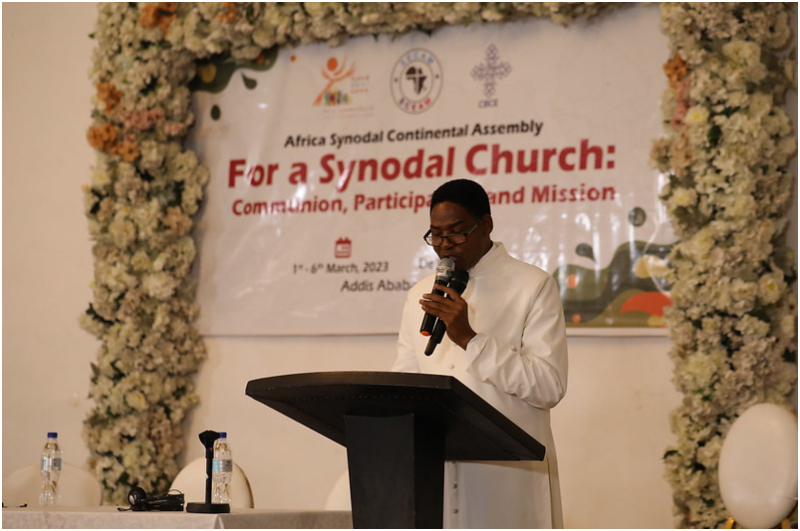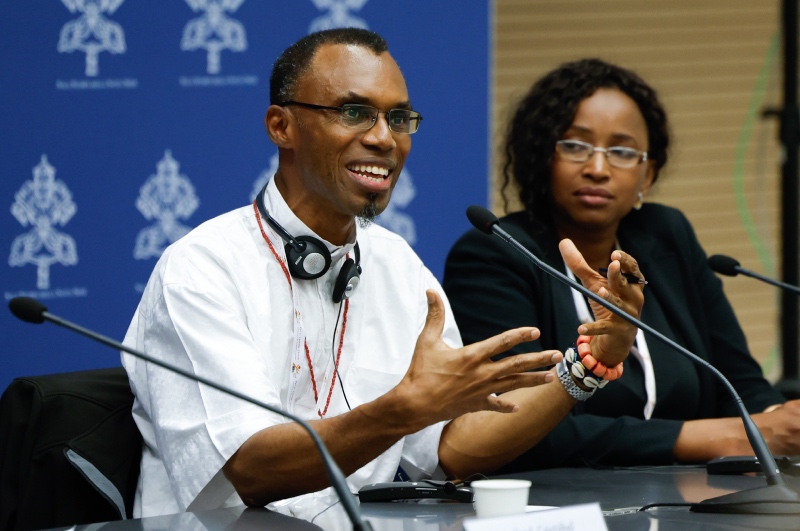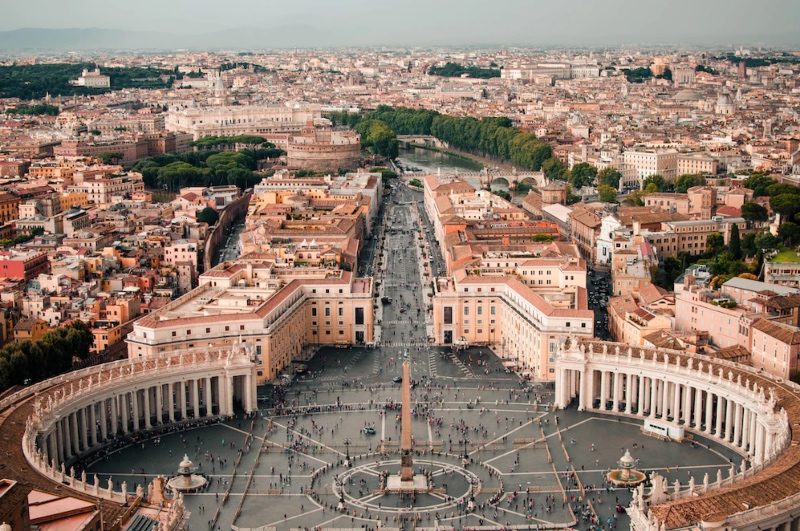

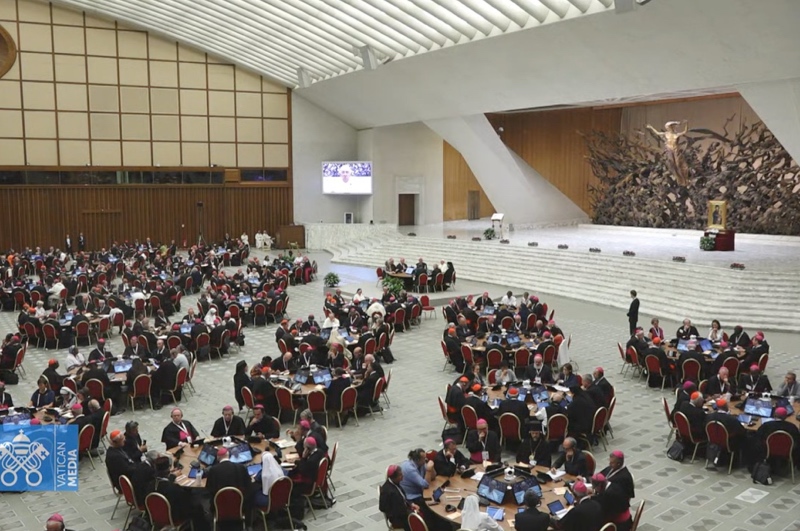

The much-anticipated month-long Synod on Synodality, which officially begins Oct. 4, was preceded by two events: an ecumenical prayer vigil and three-day moment of silent prayer by all the participants. These opening events signal the direction that Pope Francis intends the synod to take, that is, a path of prayer.
When Pope Francis announced this initiative of synodality he intended to set the church on the road to conversion, reform, and renewal. Several striking aspects were genuinely innovative, including, for example, the insistence on making it an ecclesial assembly rather than an episcopal event. The latter would include only ordained clergy and bishops, while the former will gather all baptized faithful or People of God, as Vatican II (1962-65) envisaged the church to be. In the vision of Francis the synod is a gathering of the people, by the people, and for the people of God. The composition of this synod reflects this vision, comprising bishops, clergy, and laity.
Another interesting feature is the methodology. Unlike the practiced approach of speeches and protracted rounds of voting on prefabricated texts, participants will work in small groups of mixed compositions and listen to one another in spiritual conversation. Such an approach promises to ensure that the outcome is a discerned consensus on the way forward.
This auspicious moment in the life of the church stirs up hope for many reasons. First, the voices at the synod will be representative of the entire community of the church. Such inclusivity is new in a church where clerical privilege has tended to determine whose voice is heard or left out. There are young people on the list of participants, as there are lay women and men. These people come with their competence and giftedness to enrich the synodal conversation and process.
Second, the process is more important than the outcome. This gathering is the first of a two-part process. But it is neither the beginning, nor will it be the end. Already, the synod was preceded by two years of intense preparation involving consultations and conversations among the local churches and regional church groupings. From these preparatory stages emerged matters of critical importance to the life of the church in the world – all of which will be items for discussion and conversation. The space between the first and the second gathering would offer yet another opportunity for the discussion and conversation to percolate to the local levels of the church community, so that in October 2024, a much richer conversation can be had, in order to identify imperatives and establish directions for the church. This process is not meant to end with the synod; it opens up a path to a new way of being church, that is, a listening church. In this sense, synodality is not just an event; it is a path to be walked, a journey to be undertaken as a community. We make the path by walking, says an African proverb. The outcome is not predetermined.
Read more on the Santa Clara University website {Here}
Related Articles

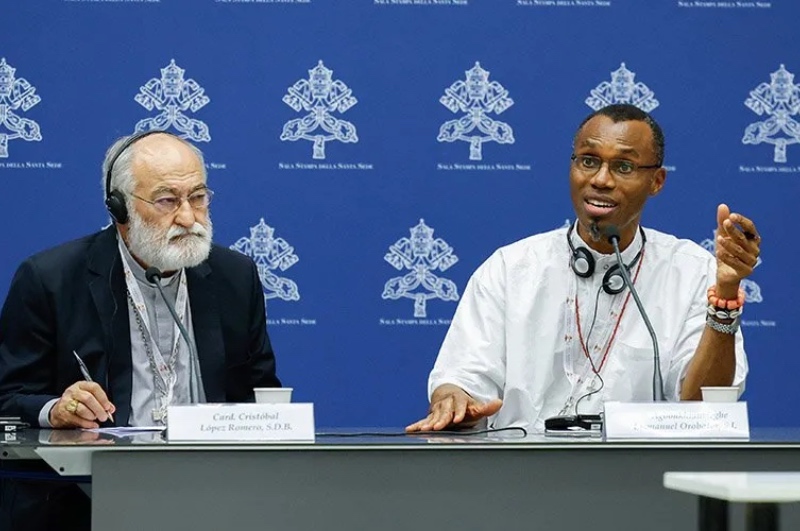
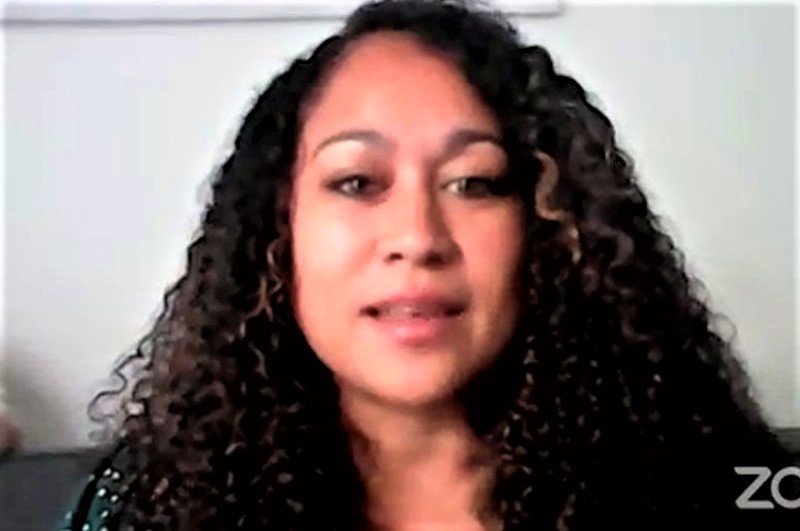
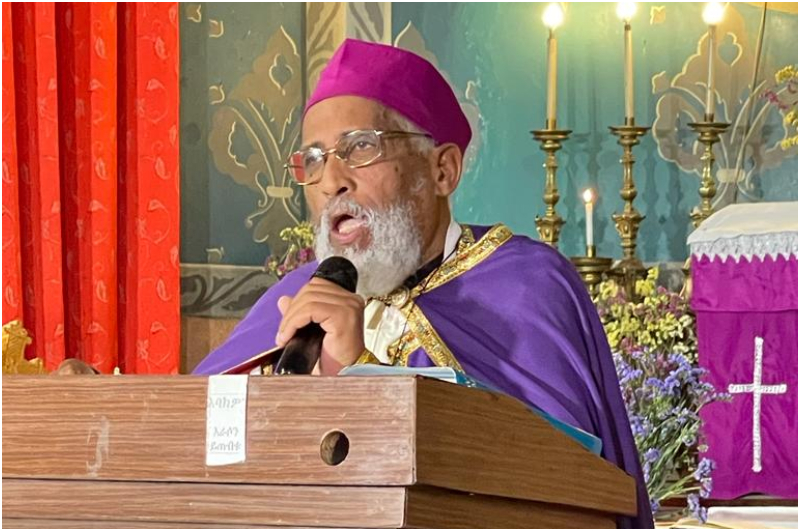
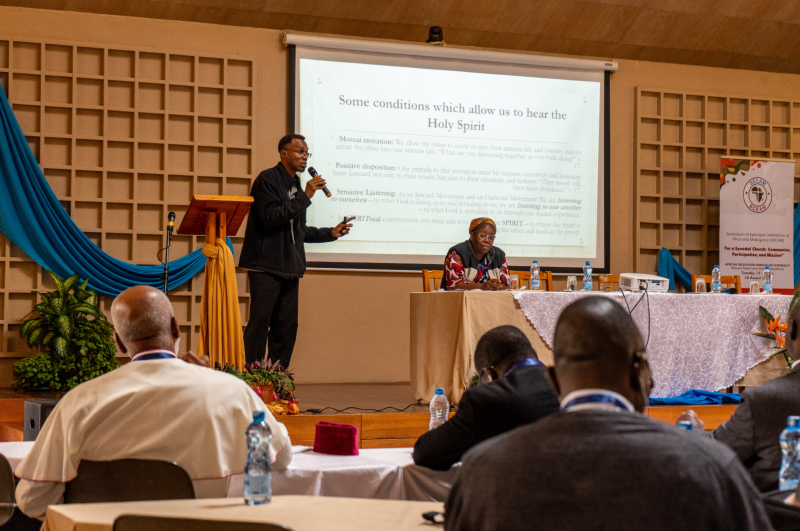
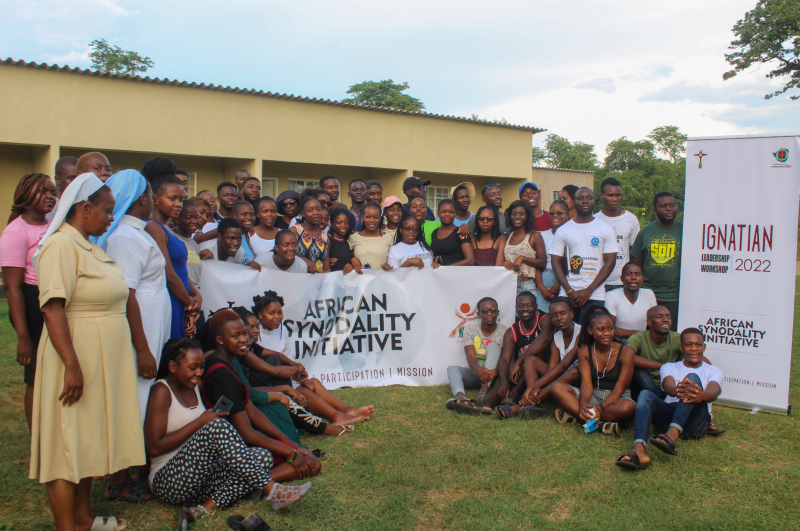
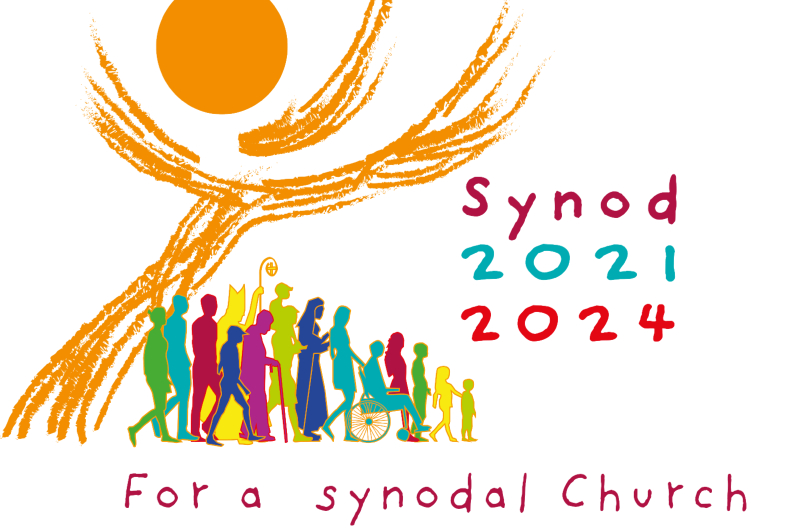
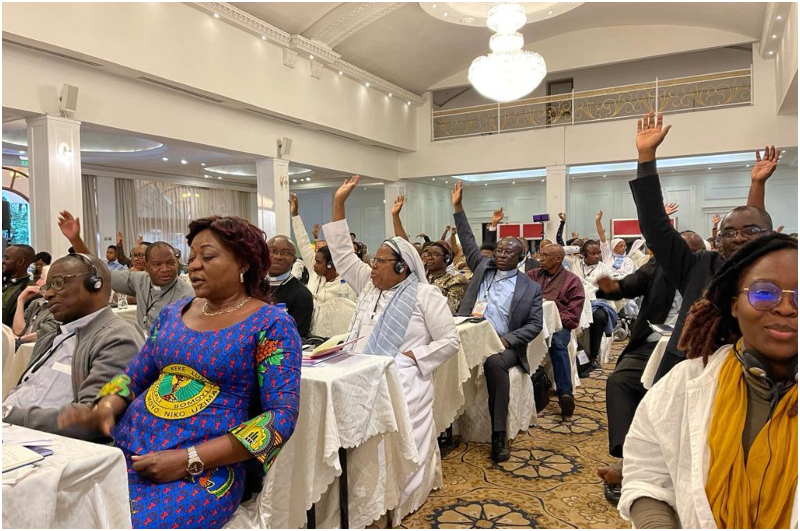
Select Payment Method
Pay by bank transfer
If you wish to make a donation by direct bank transfer please contact Fr Paul Hamill SJ treasurer@jesuits.africa. Fr Paul will get in touch with you about the best method of transfer for you and share account details with you. Donations can be one-off gifts or of any frequency; for example, you might wish to become a regular monthly donor of small amounts; that sort of reliable income can allow for very welcome forward planning in the development of the Society’s works in Africa and Madagascar.
Often it is easier to send a donation to an office within your own country and Fr Paul can advise on how that might be done. In some countries this kind of giving can also be recognised for tax relief and the necessary receipts will be issued.


